As I left the neurology department at the Royal London Hospital, the specialist's words hung in the air like a death sentence: "Your fighting days are over."
Over four decades of martial arts practice, more than two decades as a full-time career, my identity, my purpose, my entire world, crumbled in that sterile examination room. The MRI images confirmed what my body already knew: the damage to my neck was irreversible, the outcome of CTE-like symptoms uncertain, and the diagnosis of Chronic Fatigue Syndrome something no doctor fully understood anyway. I walked out of that hospital a ghost of myself, haunted by a question that felt like drowning: Who am I if I'm not a martial arts coach?
That's when philosophy stepped back into my life once more.
Not the philosophy of dusty libraries and academic debates. I'm talking about philosophy as a living, breathing practice, a hero's journey that transforms not just how we think, but how we exist in the world. In modernity philosophy has long been mistaken as a purely intellectual exercise. Yet at its deepest and most profound, philosophy is not about abstract theorising, it’s about becoming, a practical and courageous journey towards living more consciously, compassionately, and authentically.
The comparative mythologist Joseph Campbell mapped the Hero's Journey as a universal pattern of transformation. What I discovered is that philosophy, when truly lived, follows a similar path. In fact, philosophy can be vividly understood as a Hero's Journey, illustrating the transformative power of confronting life's fundamental questions.
Stage 1 - Answering the Call to Adventure: Philosophy's Forgotten Promise
Philosophy was never meant merely to reside in textbooks. It was intended to live within us, guiding our actions and illuminating our lives. When Socrates wandered the Athenian marketplace, he wasn't collecting theories; he was teaching people how to live and die well. When Marcus Aurelius wrote his Meditations by candlelight in military camps, surrounded by plague and war, he wasn't philosophising for sport. He was fighting for his sanity, using Stoic practices like negative visualisation to prepare for losing everything he loved. When Epictetus, born a slave and with a crippled leg, taught that we control nothing but our choices, he wasn't speaking hypothetically.
These weren't intellectual exercises. They were survival strategies for the soul.
My own path into philosophical coaching emerged not from theoretical interest, but from necessity. After my medical diagnosis, returning to philosophy became my lifeline, a way to reclaim meaning and purpose when my former sense of self was stripped away.
Your Call Awaits
Maybe your call hasn't been as dramatic as mine. Maybe it's quieter:
- The 3 AM anxiety that whispers, "Is this all there is?"
- The success that feels empty once achieved
- The relationship that ended and took your sense of self with it
- The career that pays well but costs your soul
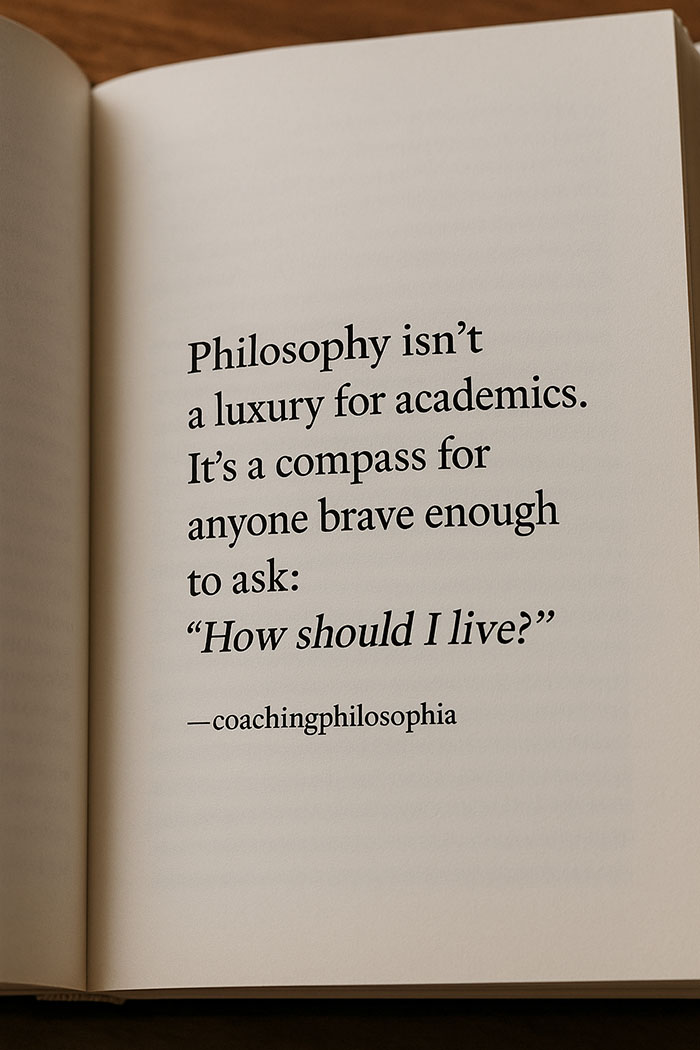
Stage 2 - Crossing the Threshold: The Courage to Think Differently
Here's what nobody tells you about living your philosophy: it's terrifying.
The hero in Campbell's framework crosses into unknown territory, stepping out of their comfort zone into transformative potential. Philosophy similarly demands we move beyond mere thought into embodied practice. When you truly begin to question, not just intellectually, but with your whole being, you cross a threshold. The comfortable assumptions that held your world together start to crack. This crossing may look like:
- Realising you've been living someone else's definition of success
- Questioning beliefs you've never examined
- Admitting that despite all your achievements, you feel lost
I remember my first philosophy walk after my diagnosis. No music, no podcasts, no distractions, just me and the questions I'd been running from. That day of walking felt like crossing into another world. A world where I had to face the truth: as I die to my old identity, will I be brave enough to reimagine a new rebirth?
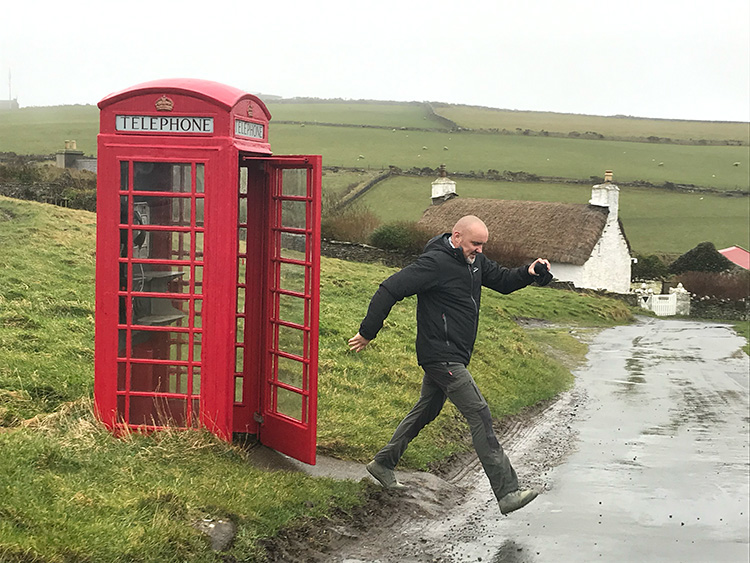
The Body Knows What the Mind Denies
Philosophy that lives only in the mind is like a martial art that's never been pressure-tested, beautiful in theory, useless in practice. A beautiful idea untested by reality is no better than a flawed one acted upon with sincerity.
Philosophy needs to be lived. It must engage the body, emotions, and actions, or it becomes little more than intellectual entertainment. Through my frameworks of Coaching Philosophia and walking philosophy home, I've learned that transformation requires the whole self:
- Body: Walking while pondering, anchors insights in physical experience
- Emotions: Feeling the discomfort of uncertainty, not just analysing it
- Actions: Testing philosophical principles in daily decisions
- Relationships: Practicing presence and authenticity with others
In a culture that celebrates detached rationality yet drowns in anxiety and burnout, philosophy offers authentic reconnection.
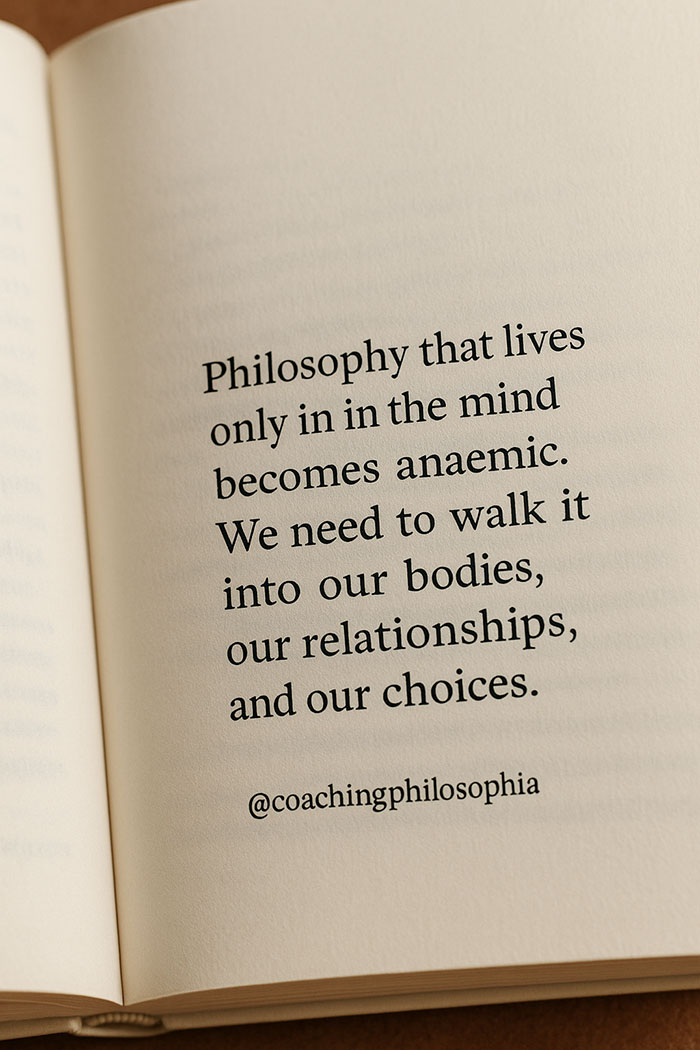
Stage 3 - The Road of Trials: Meeting Your Philosophical Mentors
Campbell describes a stage filled with challenges and trials, pushing the hero to confront reality directly. Philosophy helps us ask better questions precisely when life offers no easy answers. It is in asking these questions that clarity begins to emerge. Existentialism particularly highlights that suffering, uncertainty, and mortality, far from being purely negative, can inspire profound courage and meaning.
Every hero needs guides, and philosophy provides the greatest mentors who ever lived. But here's the key: you must meet them not as historical figures, but as living voices speaking directly to your struggles.
When anxiety strikes, Marcus Aurelius whispers: "You have power over your mind, not outside events. Realize this, and you will find strength." He wrote this while leading an empire through plague, teaching us that even emperors face 3 AM demons.
When life feels meaningless, Camus stands beside you on the cliff edge: "In the depth of winter, I finally learned that there was in me an invincible summer." He found joy not despite life's absurdity, but because of it.
When suffering seems unbearable, Viktor Frankl shares his discovery from the concentration camps: "Everything can be taken from a man but one thing: the freedom to choose one's attitude in any given circumstances."
Philosophy doesn't spare us life's difficulties, it equips us to face them honestly. Viktor Frankl discovered meaning even amidst the horrors of concentration camps; Camus identified an "invincible summer" within despite life's absurdity. Philosophy's gift is teaching us to hold tension and ambiguity gracefully, creating genuine inner freedom.
Enemies to Overcome
But philosophy also reveals the enemies within:
- The Comfort Seeker: The part that wants easy answers and guaranteed outcomes
- The Cynical Intellectual: Using clever arguments to avoid genuine engagement
- The Spiritual Bypasser: Seeking transcendence to escape human messiness
- The Productivity Addict: Turning even wisdom into another optimisation project
Stage 4 - The Abyss and Transformation: Slowness as Revolutionary Act
At the journey's core is a symbolic death and rebirth, an awakening into deeper truth. Campbell's hero faces a symbolic death, the old self must die for the new to be born. In our hyperconnected age, this death looks different but feels just as real.
Choosing philosophical reflection in a world addicted to stimulation is choosing a kind of social death. When you start taking daily walks without your phone, people think you're crazy. When you pause before responding instead of reacting instantly, you're seen as slow. When you question rather than consume, you become inconvenient.
But this is precisely where transformation happens.
Philosophical living rejects relentless optimisation and digital overstimulation. It invites us to pause, reclaim our attention, and cultivate presence. Today, choosing philosophical stillness and slowness in our frantic, distraction-saturated society is nothing short of revolutionary.
The Practice of Productive Discomfort
This is where the practice of what I call ‘Natural Wisdom’ comes into play:
- Morning pages: Three pages of unfiltered writing to clear mental debris
- Walking meditation: A walk in nature, no devices, just presence, and no end goal
- Evening reflection: Questions of myself to metabolise the day's experiences
- Weekend Sabbath: Weekends are completely offline to remember who I am beyond the digital noise
- Making Something With My Hands: Each week, I make something with my hands. From taking up painting again, baking bread, or trying to learn to play the guitar. All of which cannot be rushed
This isn't self-improvement, it’s self-archaeology, excavating who you are beneath layers of conditioning. My practice of daily, tech-free walks embodies this philosophy, reflecting an unoptimised, mindful resistance to the culture of perpetual hustle.
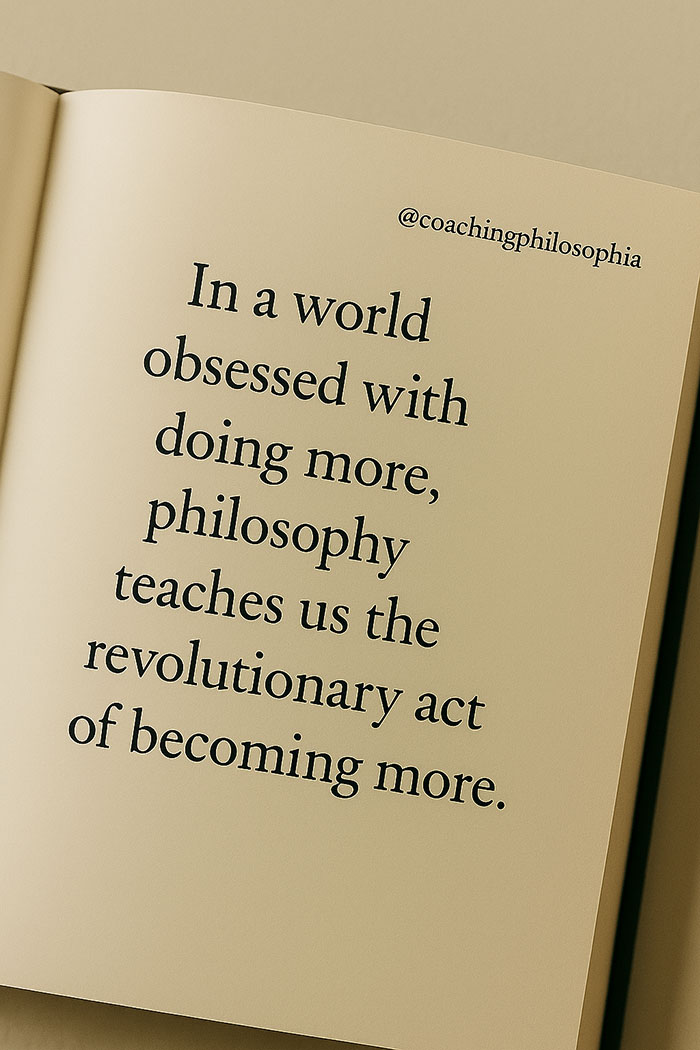
Stage 5 - Return with the Elixir: From Performance to Presence
Finally, the hero returns transformed, carrying wisdom back into everyday life. Philosophy, likewise, reconnects us, to ourselves, others, and the larger mystery of existence. It's not an escape from reality, but a profound re-engagement with it.
The philosophical journey offers three precious elixirs:
1. Authentic Presence
You stop performing life and start living it. Conversations deepen. Relationships transform. You show up as yourself, not your résumé.
2. Graceful Uncertainty
You learn to hold questions without demanding immediate answers. Ambiguity becomes spaciousness rather than anxiety.
3. Natural Wisdom
Philosophy moves from your head to your hands. You make decisions from a deeper place, aligned with what truly matters.
Philosophy in Action: Real Transformations
My coaching reflects this journey, guiding individuals to confront real, transformative questions: Who am I truly? What genuinely matters? What do I deeply stand for? Through this work, I've witnessed profound shifts in those I coach.
I firmly believe that lived philosophy is accessible to everyone, but it begins with simple yet courageous acts of noticing, reflecting, questioning, and choosing intentionally.
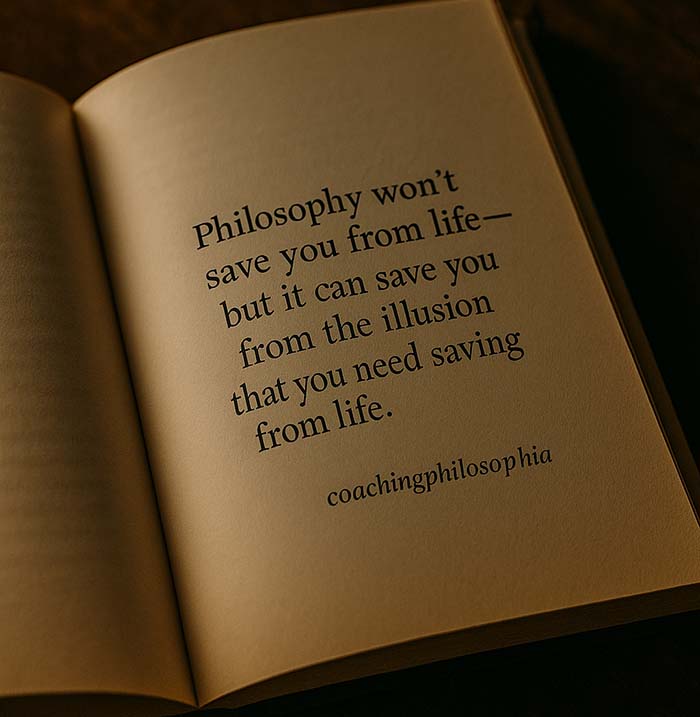
Your Adventure Begins Now
You don't need a philosophy degree. You don't need to memorize quotes or master arguments. You need only the courage to begin. Here's your first quest:
- Choose one question that genuinely puzzles you about your life
- Take a few minutes walk with only this question for company
- Don't seek answers, seek better questions
- Notice what arises without judgment
- Return and write one sentence about what you discovered
Three Paths Forward
For the Skeptic: "I get it—this sounds like dressed-up self-help. But try this: name one important life decision you've made purely through logic, without intuition or emotion. Philosophy simply makes conscious what we're already doing unconsciously."
For the Busy: "You don't have time NOT to reflect. Five minutes of genuine philosophical practice can save hours of unconscious reaction and regret."
For the Seeker: "If you're drawn to go deeper, remember: philosophy isn't about finding THE answer. It's about becoming someone who can live the questions with grace."
The Adventure of Becoming
Philosophy as adventure isn't about escaping reality, it's about engaging it so fully that ordinary life becomes extraordinary. It's about trading the false security of unexamined certainties for the genuine vitality of conscious questioning.
My journey from fighter to philosopher taught me that we're all in the ring with existence itself. The opponent isn't life, it's our own unconsciousness. And philosophy? It's not about winning. It's about showing up with such presence that the fight transforms into a dance.
Integrating Campbell's Hero's Journey with philosophical practice doesn't just enrich our understanding of philosophy, it makes clear how philosophy can genuinely enrich our lives. When philosophy is truly lived, it becomes an extraordinary guide on the hero's path each of us must walk, transforming the everyday into an adventure of becoming.
The ancient philosophers knew this secret: wisdom isn't something you have, it's something you become. And becoming is the greatest adventure of all.
Your philosophical hero's journey starts with a single question, a single step, a single moment of genuine wonder. The textbooks can wait. Transformation can't. What question will you carry on your first philosophical walk?
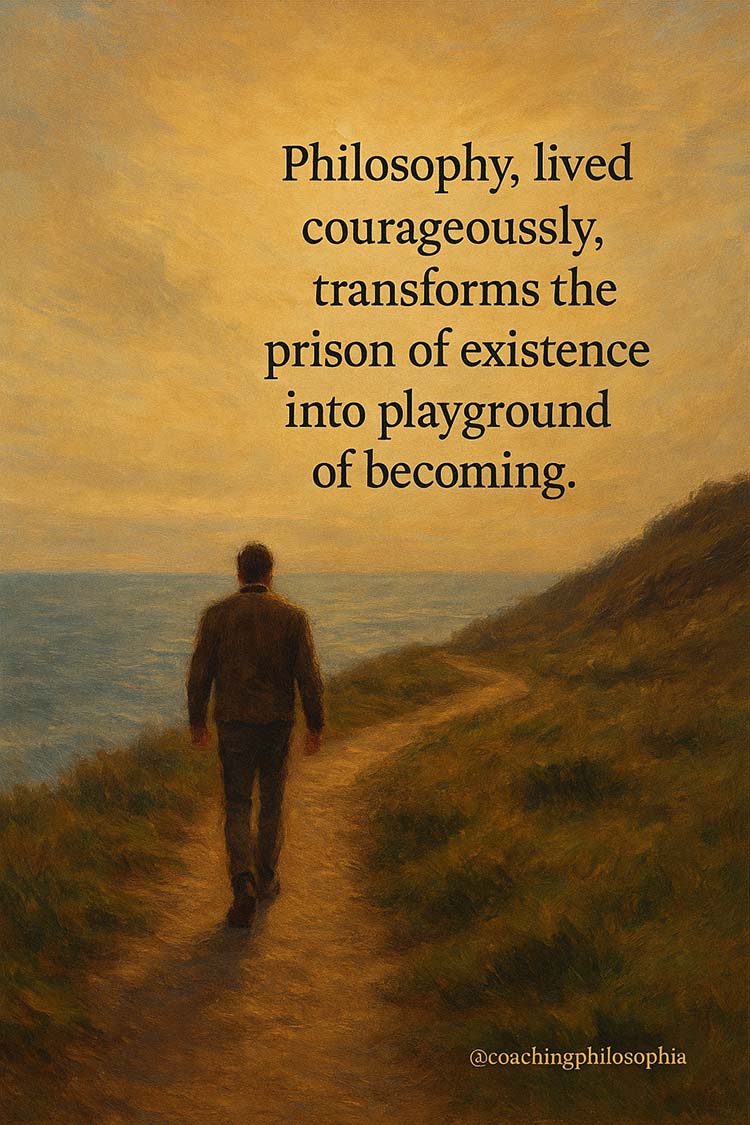
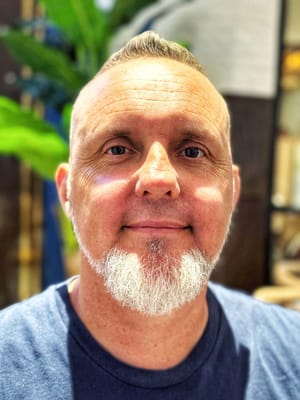



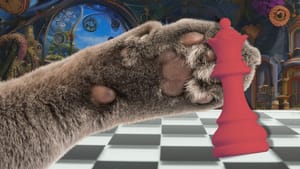
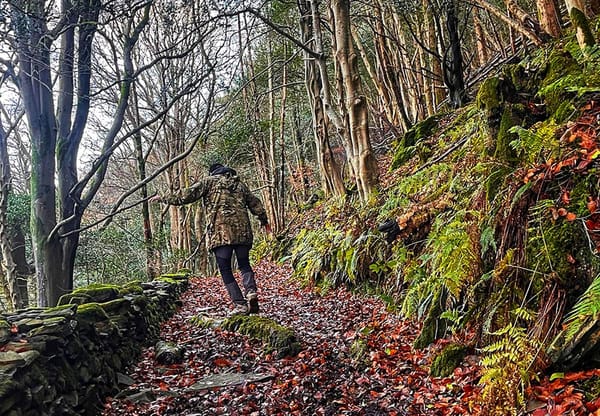
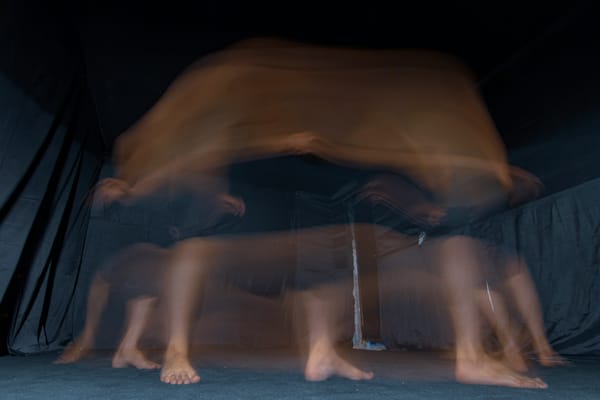



Member discussion